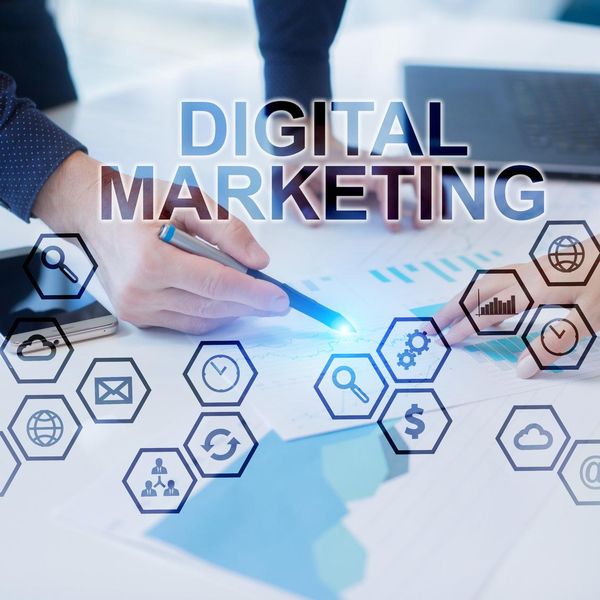
5 Best Online Resources to Promote Your Local Business
By Al Gomez
More and more people are becoming comfortable with searching for what they need on the web. And this goes beyond online shopping and research.
According to the BrightLocal Local Consumer Review Survey, more than 25% of consumers go online daily to search for local businesses, and more than half search weekly. Thanks to social media and recent search engine algorithm changes, startups have a chance to go against big brands.
However, this is easier said than done. When you’re a small local café at a corner street in New York City, for example, how can you spread the word outside of friends and family without spending a lot of money?
Taking advantage of mobile
People don’t just go online—they usually turn to mobile when searching for local products and/or services. In a Google study, 50% of mobile users visited a store right after they looked them up on their devices. And once they got inside the store, they were more likely to make a purchase.
So one online strategy local businesses should invest on is HOW to be seen on mobile search. To help you get started, here are the five best online resources to promote your business to local customers on the web:
1. Local listings
This is the first step to ensuring you appear on crucial apps such as Google Maps. Claim your business name on local listings (like Google Local and Yahoo Local Business) by verifying that you are the owner. Don’t forget to confirm that important details such as business hours, directions, and local store address are accurate. These are the top three things mobile users often search for when looking up local businesses.
2. Local app directories
Do remember to place your business on top directory and review sites like Yelp. Make sure your chosen local directory has an app because people prefer searching on those instead of on a website; they're faster, more convenient, and contain most of the information (i.e., reviews, star ratings, recommendations, etc.) a customer needs before proceeding. If your business is already listed, encourage reviews from customers to improve your rankings.
3. Pinterest
Images are one of the most powerful social media weapons. Any business sector – from retail to electronics – can find a home on Pinterest. With 250 million users in the United States alone, it’s one of the best places to gain a good following. Pinterest users generally use the platform to look for and keep track of ideas they don’t want to forget. Organize your profile by creating different boards for your photos. Make sure you present original, high-quality images people would love to pin.
Other Articles From AllBusiness.com:
- The Complete 35-Step Guide for Entrepreneurs Starting a Business
- 25 Frequently Asked Questions on Starting a Business
- 50 Questions Angel Investors Will Ask Entrepreneurs
- 17 Key Lessons for Entrepreneurs Starting A Business
4. Vine and Facebook videos
Videos are fast becoming the preferred medium of entertainment for both mobile and desktop users. That’s why your choice of video platform is crucial so that you receive the most attention from your target market. While YouTube may reign supreme, if the quality of the audience is not what you are looking for, try more targeted sites such as Vine or Facebook.
Facebook videos are growing in popularity these days; in fact, Facebook users view more than 8 billion videos a day. With this platform, fans of your business can quickly and seamlessly view videos without having to endure ads from other non-related content.
As for Vine, who can forget the charming movie Chef by Jon Favreau? In the story, Chef Carl Casper quits his job to start a food truck business. His food quickly gains fame thanks to his son’s constant posts on social media (plus the fact that it’s delicious!). Among those is Vine, where his son publishes quirky six-second videos that fans love.
5. Niche blogs
Never underestimate the power of bloggers. Their influence can go far and wide, helping local businesses obtain the right audiences and authority on the web. Aside from their blogs, bloggers usually maintain other social media accounts like Instagram and Twitter. Connecting with them could give you a chance to be recommended on those sites as well. Also, it never hurts to engage with people in the same industry.
When connecting with a blogger, choose people in a similar trade as your business. Nurture the relationship and always keep in touch, so folks won’t think that you’re only after them for the opportunity they present.
It could take a while before your local business beats a big brand—but as long as you stick to ethical, honest online practices, you’re bound to see results soon enough. The key is patience, perseverance, and a little online resourcefulness.
About the Author
Post by: Al Gomez
SEO consultant Al Gomez is the brilliant mind behind SEOExpertPage.com, a website dedicated to helping small business owners understand SEO. With more than nine years of digital marketing experience, he enjoys supporting entrepreneurs like himself achieve online success.
Company: Dlinkers
Connect with me on Twitter.



